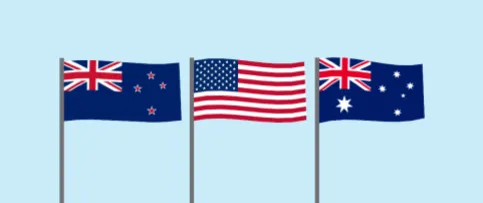As the practice of architecture becomes increasingly global, the ability to pursue work across state and national borders is more essential than ever before. Offered by the National Council of Architectural Registration Boards (NCARB) to architects who meet national standards, the NCARB Certificate is a valuable credential that facilitates out-of-state licensure with relative ease.
Similar to medicine and law, architecture is one of roughly 60 professions that is regulated in all states. To earn a license, candidates must meet jurisdiction-specific education, experience, and examination requirements. These standards, and the boards that implement them, ensure the practice of architecture is conducted by qualified professionals who have the skills and knowledge to protect consumers.
Last month, the Federal Trade Commission released a special report on license portability that recognizes the NCARB Certificate as a “vehicle for multi-state practice” and “a factor for expedited licensing.” Plus, U.S. architects now hold over 125,000 reciprocal licenses, which is well above the number of total resident licenses. Together, these findings demonstrate that the architecture profession has a proven pathway to practicing across state lines.
New Routes to Certification
To help eliminate unnecessary burdens for architects, NCARB recently updated several pathways to certification. Changes include streamlining the certification requirements for architects with varying education levels, as well as foreign architects. Along with a reduction in the fees associated with certification, these updates are designed to ensure the profession remains reasonably regulated and in-line with current practice—balancing inclusivity and openness with the necessity of public protection.
To further expand the opportunities available to certified architects, NCARB has also established agreements with the licensing authorities of several foreign countries. Through mutual reciprocity agreements (the most recent of which was signed in 2016), the NCARB Certificate helps facilitate licensure in Australia, Canada, Mexico, and New Zealand, all of which have similar requirements to those in the U.S.
Apply for Certification
In addition to streamlined mobility, the NCARB Certificate provides a competitive edge, free continuing education materials, access to volunteer opportunities, secure record-keeping, and more.
Ready to get NCARB certified? You can follow these step-by-step instructions or contact us for help.



